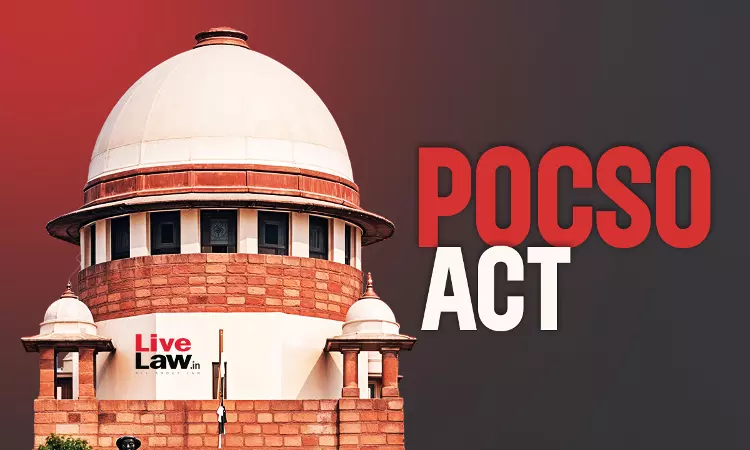Supreme Court Directs States/UTs To Implement S.19(6) Of POCSO Act & JJ Act Provisions To Ensure Rehabilitation Of Child Victims
Amisha Shrivastava
21 Aug 2024 10:26 AM IST

Immediately after the knowledge of the commission of a heinous offence under the POCSO Act, the State, its agencies and instrumentalities must step in and render all possible aid to the victim children, the Court said.
Next Story


